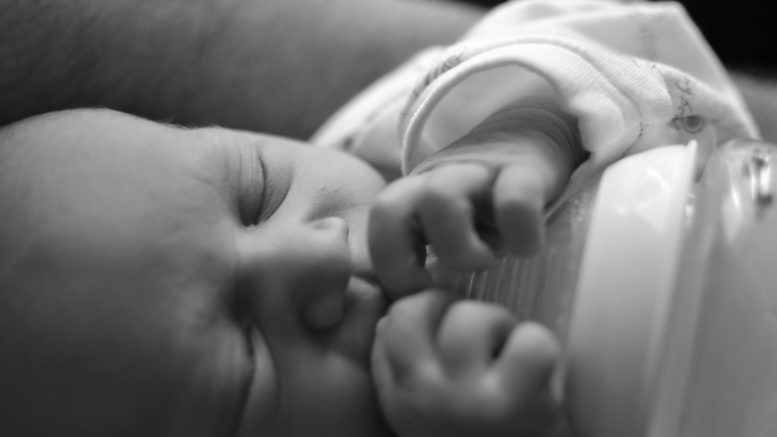Our “elitist” procreation policies are the root cause of the decline of our Total Fertility Rate (TFR) to an all-time low.
I refer to the article “Let’s not condemn Singaporeans to extinction” (Straits Times, Nov 17).
It states that “the 2011 elections and conversations on the Population White Paper revealed how Singaporeans might be nervous about the inflow of immigrants. If we over-compensate through immigration to address the needs of the economy, we may aggravate social tensions and jeopardise racial harmony on home ground …
Singapore has shown it is capable of crafting pro-family policies. Since 2001, when the Baby Bonus schemes were first announced, the slate of public policies supporting marriage and parenthood has been revised at least four times to stay abreast of emerging challenges to family formation. This demonstrates the Government’s commitment to partner Singaporeans in their aspirations to grow family.”
In this connection, historically our procreation policies have always been elitist, such as the “graduate mothers”, “HOPE (Home Ownership Plus Education) schemes, etc.
In the original HOPE scheme – low-income and low-education couples had to ligate, in order to receive CPF Housing Grants and other benefits.
Arguably, even now – our procreation policies continue to be elitist.
For example, according to the article “More than S$8.3b disbursed in tax rebates to encourage procreation” (Channel NewsAsia, Jan 20, 2013) – “The government last year gave out more than S$8.3 billion in tax rebates and reliefs aimed at encouraging procreation in the Year of Assessment 2012.
Tax benefits more than 166 times childcare assistance spending?
So, does it mean that the above indicates that the procreation tax benefits may be about 166 times ($8.3 billion divided by $50 million) more than the annual childcare spending of $50 million?
Lower-income don’t get tax benefits?
What this means is that those who do not earn enough to pay any or very little income tax, do not benefit from the procreation tax benefits.
For the rich, the higher the income and tax rate, the greater the procreation tax benefits.
Procreation incentives favour the higher-income?
There are too many procreation incentives that discriminate against lower-income Singaporeans, like the parenthood tax rebate, working mother’s child relief and qualifying child relief.
How many don’t get tax benefits?
As to “more than 850,000 working mums and dads enjoyed such tax breaks in 2012″, how many working mums and dads did not enjoy any or very little tax breaks?
In this connection, according to the Inland Authority of Singapore’s (IRAS) Tax Calculator, Singaporeans earning less than $3,000 a month generally do not have to pay any income tax, after the deductions of their employee CPF contribution and personal reliefs.
Same benefits regardless of income?
Why not just give the same benefits to parents, regardless of their income? After all, I understand that about 60 per cent of Singaporeans do not or hardly pay any income tax.
Lower-income procreate more?
The notion that giving more financial incentives to the higher income and educated may be “statistically” flawed. Statistics have always indicated that the lower-income and lower-educated are the ones who tend to procreate more.
Rich are motivated by money to procreate?
If you are a lower-income family, the benefits may make a world of difference. But, if you are highly paid, how much more motivation is there for you to procreate by dangling more financial incentives?
Meritocracy?
How can the principles and ideals of meritocracy be truly procreated, when our procreation incentives may be so lob-sided that they pay out about 166 times more for procreation tax benefits vis-a-vis childcare assistance spending?
Less tax benefits, more childcare benefits?
Just imagine how much more parents may be truly helped if some of the procreation tax benefits are channeled to childcare assistance instead?
We need to spend more, and more equitably, to help Singaporeans to procreate, regardless of their economic status.
Leong Sze Hian
